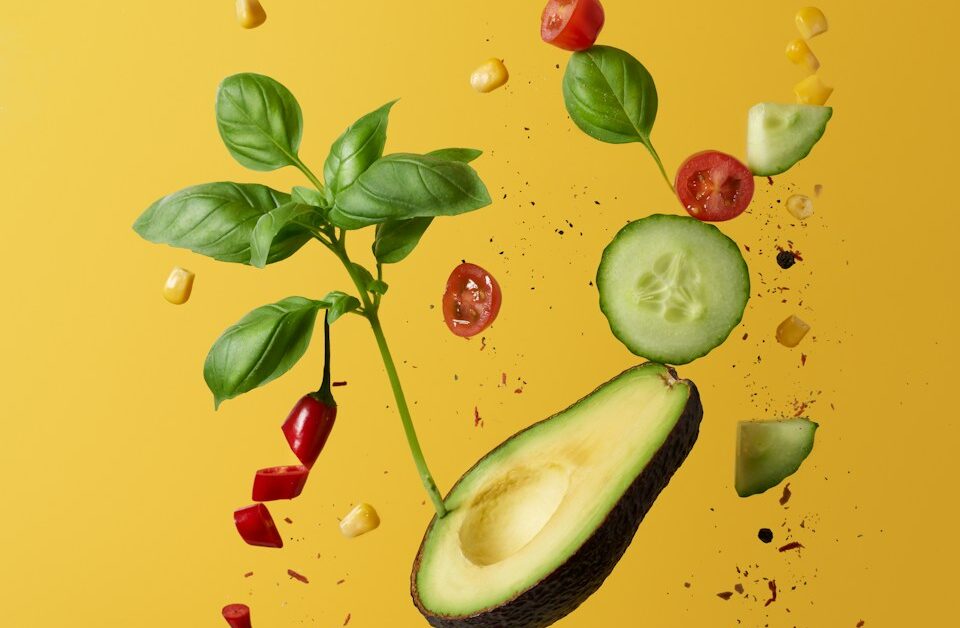Is dark chocolate vegetarian?
Dark chocolate is often considered a delectable treat by many, but for vegetarians, there may be some uncertainty surrounding its suitability. While it is widely known that milk chocolate contains animal-derived ingredients, the question remains: is dark chocolate vegetarian? In this article, we will delve into the ingredients and production process of dark chocolate to determine its compatibility with a vegetarian lifestyle.
The ingredients of dark chocolate
Dark chocolate is primarily made from cocoa solids, cocoa butter, sugar, and sometimes vanilla. Let’s examine each of these ingredients to understand their vegetarian status:
- Cocoa solids: Cocoa solids are derived from the cocoa bean, which is a plant-based ingredient. Therefore, cocoa solids are vegetarian-friendly.
- Cocoa butter: Cocoa butter is the fat extracted from the cocoa bean. It is also derived from a plant source, making it suitable for vegetarians.
- Sugar: Sugar is a common ingredient in dark chocolate, and it is typically derived from sugar cane or sugar beets. Both sources are plant-based and do not involve animal products.
- Vanilla: Vanilla is a flavoring agent used in some dark chocolates. While natural vanilla is derived from the vanilla bean, some cheaper alternatives may use synthetic vanillin, which is typically derived from wood pulp. As long as the dark chocolate specifies the use of natural vanilla, it remains vegetarian-friendly.
Potential non-vegetarian additives
While the main ingredients of dark chocolate are typically vegetarian, there are some potential additives that may not align with a vegetarian lifestyle. It is important to be aware of these additives when choosing dark chocolate:
- Milk powder: Some dark chocolates may contain milk powder, which is derived from animal milk. This addition would make the chocolate non-vegetarian. However, it is crucial to note that dark chocolate with milk powder is not the same as milk chocolate, which contains a higher percentage of milk solids.
- Emulsifiers: Dark chocolate often includes emulsifiers such as soy lecithin, which helps blend the ingredients together. While soy lecithin is typically derived from soybeans, it is essential to ensure that the specific dark chocolate brand does not use animal-based emulsifiers.
- Flavorings: Some dark chocolates may contain additional flavorings, such as fruit extracts or spices. While these are usually vegetarian-friendly, it is advisable to check the label for any potential animal-derived additives.
Labeling and certifications
When purchasing dark chocolate, it is helpful to look for specific labels and certifications that indicate its vegetarian status. Some certifications to consider include:
- Vegan certification: Dark chocolates with a vegan certification guarantee that they are free from any animal-derived ingredients.
- Vegetarian certification: Certain dark chocolates may carry a vegetarian certification, indicating that they do not contain any non-vegetarian additives.
- Fairtrade certification: While not directly related to vegetarianism, fairtrade certification ensures that the cocoa used in the chocolate is sourced ethically, benefiting farmers and workers.
Conclusion
In conclusion, dark chocolate can be considered vegetarian-friendly, as long as it does not contain any non-vegetarian additives such as milk powder or animal-based emulsifiers. By checking the ingredients list and looking for relevant certifications, vegetarians can enjoy the rich and indulgent flavors of dark chocolate without compromising their dietary choices.
